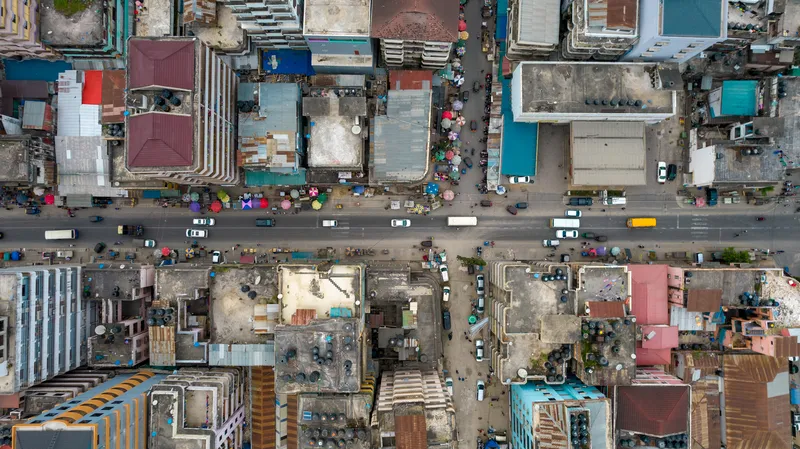FIA Region I has welcomed the European Commission’s plan to revise and merge the road infrastructure safety management directive and the directive on minimum safety requirements for tunnels since many of the problems that road users face today are linked with poor maintenance of road infrastructure.
FIA Region I believes that road management authorities should be obliged by the EU and member states to ensure a minimum level of road maintenance. A well-developed and maintained road network enables safe, e
February 17, 2017
Read time: 2 mins
FIA Region I believes that road management authorities should be obliged by the EU and member states to ensure a minimum level of road maintenance. A well-developed and maintained road network enables safe, efficient mobility and sustains the European economy and society.
It says that European policies should sustain a first-class road infrastructure and rid Europe of high-risk roads. It believes uniformly safe roads in Europe should guide policies, regardless of borders.
It is calling on the EU to extend the instruments of the RISM Directive to non-TEN-T roads, at least, to all motorways and enable the use of the RISM for all EU funding of infrastructure projects, including regional funds and European Investment Bank loans.
It also calls for the EU to define a quality benchmark for the infrastructure (for instance, an aspiration to a EuroRAP 3-star rating or equivalent throughout the EU28). It also wants to harmonise the quality of the training provided to road safety auditors across Europe and ensure that member states undertake rapid remedial measures to treat black spots and endeavour to ensure a uniform, efficient delivery of information to road users.
The report also calls for an increase in the focus on protection of vulnerable road users in the RISM and to ensure these safeguards are also applied to tunnels. It also requires the matching of the deployment of intelligent active safety systems in vehicles by adopting high quality standards for road markings and traffic signs.
FIA also calls for reinforcing provisions to ensure the safety of road work sites, whilst only reverting to road closures when absolutely necessary and ensuring that non-TEN-T tunnels longer than 500m are also included in a revision of the Directive on minimum safety requirements for tunnels.









